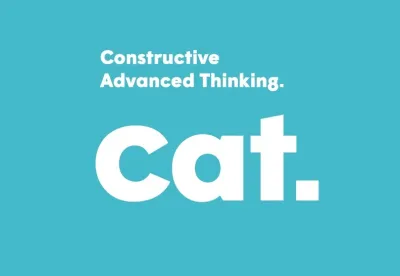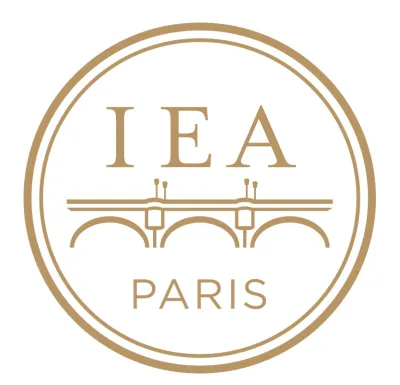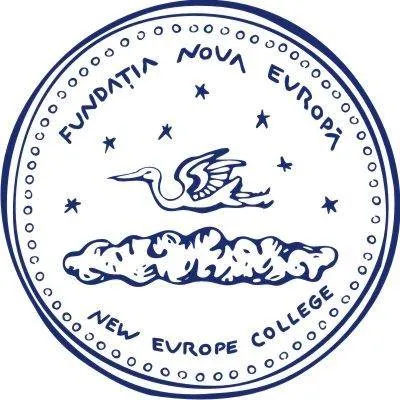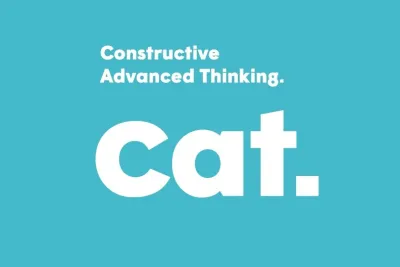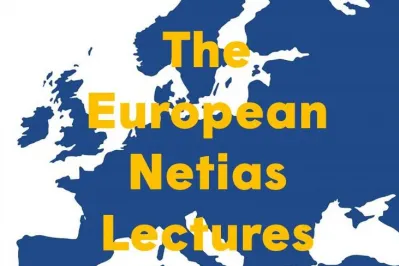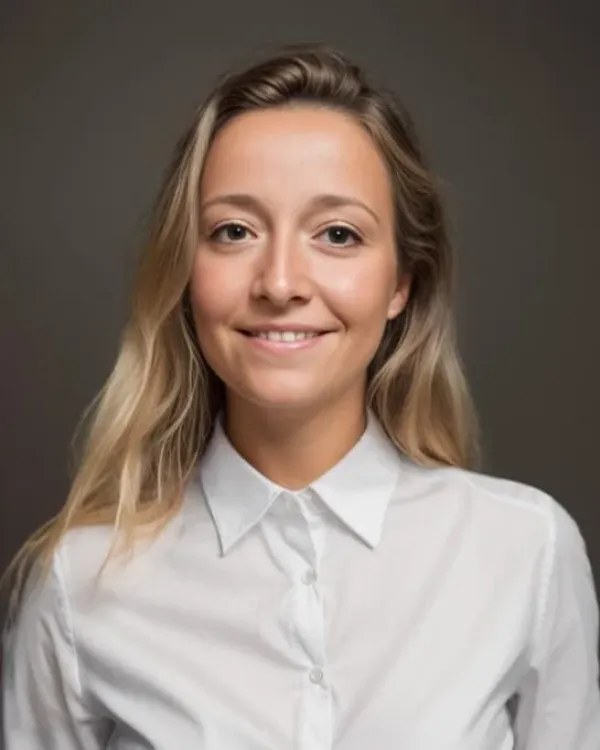
Aurélie Andry
Aurélie Andry is an historian of Modern Europe, European integration history, the European Left, trade unions, workers' and social movements, and workplace democracy. After obtaining her PhD at the European University Institute in Florence, she has been a Lecturer at the Université Paris-Sorbonne, a Research Associate at the University of Glasgow, and a post-doctoral researcher at the University of Évry Paris-Saclay.
She joins the Paris IAS in May 2025 for a group research stay as part of the CAT collaborative program, in collaboration with researchers Sophia Friedel, Pedro Teixeira and Philippe Reick.
DemWo investigates the historical evolution of industrial democracy in a transnational European context. The research group is driven by two central questions: First, it explores how historical periods of crisis and transformation shaped ideas and practices of industrial democracy. Second, the project considers how these historical legacies can inform responses to contemporary challenges. With the outbreak of the Covid-19 pandemic, the rise of AI and remote work, and the large-scale transformation of entire industries, the landscape of employee participation is rapidly changing. DemWo seeks to leverage historical insights to address these challenges. Comprised of a team of five scholars from History, Philosophy, and Law, DemWo will examine these issues through a multidisciplinary approach, using methods like close reading of historical texts, source criticism, discourse analysis, and legal interpretation. The results of the research group's work will be disseminated through a joint publication and a public event, co-organized with our stakeholder, the European Trade Union Institute. The project aims to provide well-grounded policy recommendations and contribute to ongoing debates among trade unions and other relevant stakeholders. By strengthening institutions for employee participation, DemWo seeks to enhance employee efficacy, address democratic deficits, and make societies more resilient to the numerous and multi-dimensional challenges democracies are currently facing.
History of Europe, European integration, History of the Left, trade unions and social movements, workplace democracy and workers' self-management
